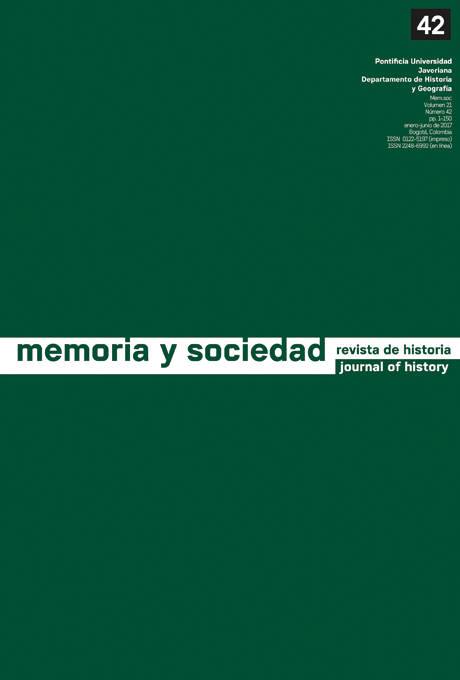Resumen
Las implicaciones del conflicto armado en Colombia parecen querer mitigarse con iniciativas de construcción simbólica de la memoria, las cuales tienden a excederse en la teatralización del recuerdo. Sin duda alguna estas iniciativas contribuyen a la garantía de no repetición de los hechos violentos que las permitieron, sin embargo, suelen negar espacios para la reflexión de la cotidianidad de las víctimas, que se reconstruye en elementos como el lenguaje. A partir de los relatos de algunas mujeres pertenecientes a la Asociación de Familiares de Víctimas de Trujillo (AFAVIT), este documento busca analizar la manera en que se dota de sentido la vida, en el día a día, así como los repertorios a los que se alude para hacerlo. Detrás está la problematización sobre el papel del lenguaje, que refleja la eterna tensión que los sobrevivientes sienten entre narrar lo sucedido para evitar su repetición, o no contarlo por efectos de riesgo que atentan contra su bienestar físico y emocional.
La revista Memoria y Sociedad se encuentra registrada bajo la licencia Creative Commons Reconocimiento 4.0 Internacional. Por lo tanto, esta obra se puede reproducir, distribuir y comunicar públicamente en formato digital, siempre que se reconozca el nombre de los autores y a la Pontificia Universidad Javeriana. Se permite citar, adaptar, transformar, autoarchivar, republicar y crear a partir del material, para cualquier finalidad (incluso comercial), siempre que se reconozca adecuadamente la autoría, se proporcione un enlace a la obra original y se indique si se han realizado cambios. La Pontificia Universidad Javeriana no retiene los derechos sobre las obras publicadas y los contenidos son responsabilidad exclusiva de los autores, quienes conservan sus derechos morales, intelectuales, de privacidad y publicidad.
El aval sobre la intervención de la obra (revisión, corrección de estilo, traducción, diagramación) y su posterior divulgación se otorga mediante una licencia de uso y no a través de una cesión de derechos, lo que representa que la revista y la Pontificia Universidad Javeriana se eximen de cualquier responsabilidad que se pueda derivar de una mala práctica ética por parte de los autores. En consecuencia de la protección brindada por la licencia de uso, la revista no se encuentra en la obligación de publicar retractaciones o modificar la información ya publicada, a no ser que la errata surja del proceso de gestión editorial. La publicación de contenidos en esta revista no representa regalías para los contribuyentes.


